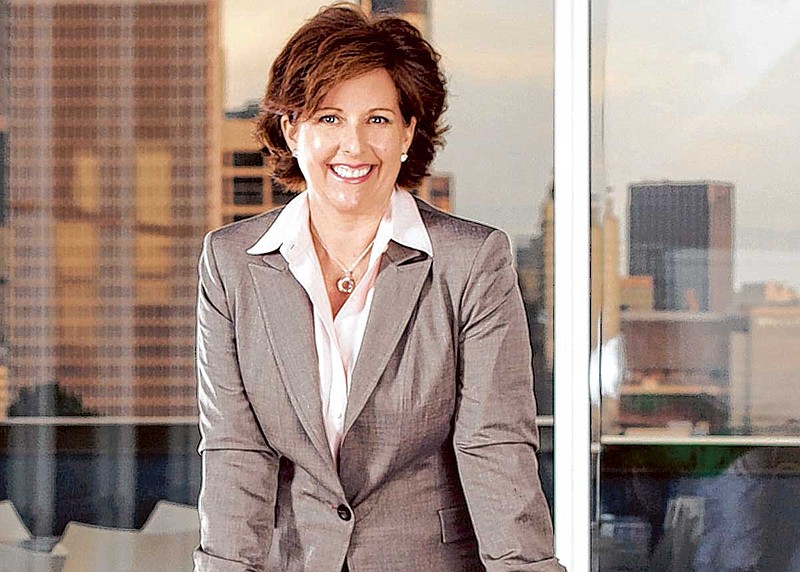What if the systems that made you successful wind up being the very systems that cause you to fail?
Consider the case of Pete. When he took over as CEO of a fast-growth firm things had been unraveling for a while. Revenue had grown, fast, but their systems and processes were failing to keep up. Behind the curtain was chaos, and it was starting to show in the numbers. Profit and revenue were declining. Pete worked quickly. He got the team together to make decisions; he codified processes, implemented upgrades, and established metrics to measure their progress. The company got back on track, and the financials were moving in the right direction.
Until they weren't.
A new competitor was taking share away. The metrics that once drove accountability were now creating finger-pointing. It was hard for Pete to put his finger on the problem. The financials were still good, but the leading indicators like employee morale and customer engagement were going backward. Pete doubled down on his metrics to recapture the mojo, but it only seemed to make things worse.
What went wrong?
It wasn't easy to spot because it started as a feeling, or more accurately, the absence of a feeling. People got excited about the initial improvements, but after they were implemented, there was no compelling North Star for them to follow.
Without a sense of shared spirit, a moral imperative, or a rallying cry, there was nothing collective to bind the team; that's why things started to slide.
There's a turning point in every organization; it also plays out in our personal lives. It's the point at which the logical, left-brain systems and processes that propelled you to success are no longer enough to keep you there, much less take you to the next level.
That's when you have to make a choice; you can double down on logic and process, as Pete did. It may work in the short term, but people rarely find it engaging. Or you can step beyond metrics and systems into a new way of being.
In The Economics of Higher Purpose, author Robert Quinn sets out to codify how successful leaders combine the traditional value creation model, rooted in logical financial language, with the more fluid, feeling-oriented model of higher purpose. Their interviews with successful CEOs generated a surprising finding:
Some of the CEOs did not believe in purpose when they first became CEOs. They were steeped in the conventional perspective of economics. They saw no value in purpose as a transformer of people and culture. The notion of discovering, articulating, and clarifying higher purpose seemed like a wasteful distraction.
They discovered the power of purpose only as a result of some traumatic challenge.
The conventional approaches they used to lead their organizations seemed ineffective in handling the major challenges they were confronting. They needed to run to something unconventional, something transformative. Many found the answer in an authentic higher purpose for their organization."
While less successful leaders double down on conventional language and metrics, more successful leaders are "bilingual," fluent both in financial terms and also in the meaning-making language of purpose. Through the course of their research, authors and business scholars Robert E. Quinn and Anjan V. Thakor "became increasingly clear in our belief that there were two worldviews that needed to be integrated."
When you make higher purpose the centerpiece of strategy and decision-making it lifts up your organization, and your life.
Lisa McLeod is a global expert in Noble Purpose. She is a keynote speaker and consultant who helps leaders increase competitive differentiation and emotional engagement.
